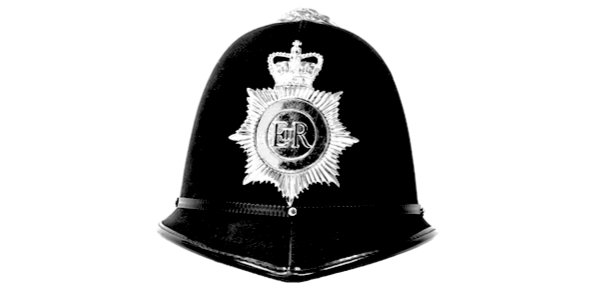IN THE latest of a series of moves by the Police Federation of England and Wales to curtail open debate among its elected representatives, a regional branch chairman has been sanctioned for publicly challenging what he saw as a distorted media portrayal of racism and misogyny in his force, and for raising concerns that confidential internal discussions had been misused to discredit frontline officers.
Richard Cooke, chairman of the West Midlands Police Federation, has been removed from office after posting two brief comments on social media. His ‘crime’? Attempting to do his job by giving voice to concerns shared by many of the 7,000 rank-and-file officers who elected him to represent one of the country’s largest police forces.
In response to a Channel 4 News report alleging widespread racism and misogyny in the force, Cooke defended his colleagues and questioned the accuracy of the programme. The broadcast featured comments from former officers reportedly drawn from so-called ‘Brave Spaces’ sessions – internal forums set up to encourage discussion of the ‘lived experience’ of workplace discrimination. Following feedback from serving officers, Cooke took to X to express concern that confidential contributions made in those sessions were being used to discredit front-line staff. He also noted that Brave Spaces had been expressly described as confidential, and said he believed officers’ trust had been breached when their remarks appeared in the media.
Shortly after the posts were published, the Police Federation of England and Wales suspended Cooke from his role as branch chairman pending an investigation. It later concluded that his remarks could be interpreted as ‘victim-blaming’ on the grounds that two complainants perceived them as dismissive of discrimination claims. According to the Federation, it was ‘valid and reasonable’ for those members of staff – both involved in separate litigation against West Midlands Police at the time – to feel that the comments could be characterised in that way.
Cooke wasn’t denying that racism exists in policing. He was pushing back against what he saw as a distorted portrayal of West Midlands Police and the officers he represented. As the elected head of an independent Federation branch, he had a duty to speak for his members, and did so with their backing. Several officers privately expressed support for his decision to speak out. Even the Acting Chief Constable commended him for challenging what many viewed as a one-sided media narrative.
Nevertheless, the Federation upheld a disciplinary charge against Cooke. As a result of his ‘wrongspeak’, he was removed from office, barred from standing for re-election, and required to complete Equality, Diversity and Inclusion (EDI) training before being eligible for any future public-facing Federation role.
With the Free Speech Union’s (FSU) help, Cooke is now seeking to challenge the Federation’s decision in the High Court. As an elected representative, he cannot bring a claim at an employment tribunal, which is normally the route for workplace free speech claims. His only legal recourse is the costly and complex process of judicial review, which offers no guarantee of reimbursement even if he wins.
This comes just a few months after another FSU member, PC Rick Prior, the elected chairman of the Metropolitan Police Federation, was suspended after publicly warning that front-line officers were becoming hesitant to act in incidents involving ethnic minorities for fear of being accused of racism and subjected to disciplinary proceedings. Prior raised this concern in a GB News interview, describing a problem many officers privately acknowledge but fear to discuss. The following day, he was suspended by the Federation on grounds of alleged discrimination. He has since been permanently removed from his role and barred from standing for re-election.
Given the striking similarities between the two cases, Cooke’s legal team has asked the High Court to consider joining his case with Prior’s. Both men were elected to represent front-line officers. Both made calm, measured and lawful comments on matters of public concern. Both were suspended and removed by the very organisation tasked with defending their members’ interests.
Whether or not the court agrees to join the cases, the FSU is supporting Cooke’s legal challenge. Donations will help cover the substantial legal costs already incurred in preparing the judicial review, including the drafting of his Statement of Facts and Grounds, an application for interim relief, and the legal team’s continuing work to bring the case before the court.
These cases raise urgent questions about freedom of expression within statutory bodies, particularly those charged with defending the interests of public servants.
The Police Federation of England and Wales is the staff association for constables, sergeants, inspectors and special constables, representing approximately 140,000 officers across England and Wales. These are people entrusted with enforcing the law under often extreme pressure – making split-second, potentially life-or-death decisions in an overly bureaucratised, heavily surveilled, EDI-fixated and increasingly litigious environment. If there’s any organisation where front-line staff need their elected representatives to speak openly and without fear of reprisal, it’s surely this one.
A win in Cooke’s case – whether joined with Prior’s or heard separately – could set a vital precedent, reaffirming that elected officials have the right to speak freely on matters of public concern, however inconvenient their views may be to censorial bureaucrats.











